
Always calm, always gentle – how Michael Behlke transports raw eggs with this Atego
Story
Michel Behlke delivers fresh eggs from Hamburg to the coast for Joh. Seidel OHG. His favourite truck: the Atego 818.
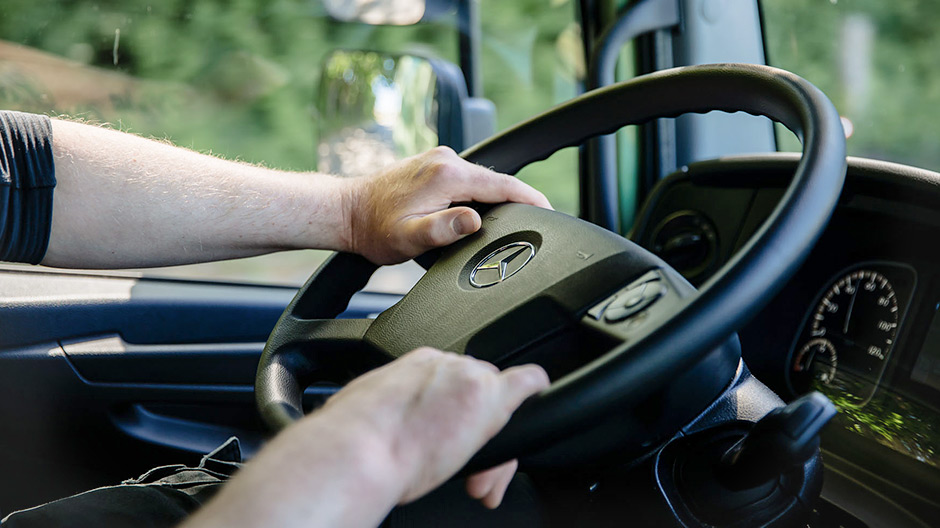
Michael Behlke is doing his North Sea rounds. From Ellerbek, just outside Hamburg, he started out this morning in the direction of the coast. There are 12 or 13 delivery addresses on his list. A few hours ago, he pushed 420 crates of eggs into the body of his Atego. “The box is slowly emptying,” says the 43-year-old, looking out from the cab to the green meadow. Michael drives between 250 and 300 kilometres on working days like this.
He’s been doing this job for four years now. The Atego is the second truck he has driven for Joh. Seidel OHG. “It’s the best truck you can have for my route and our purposes,” he says, switching on his indicator and joining the A 23, which connects the west coast of Schleswig-Holstein with Hamburg. “And if I have to go into town occasionally, that works out pretty well with this vehicle too.”
This article contains additional material (videos, images and reports etc.) for registered RoadStars members. In order to experience the article to the full, you need to log in with your RoadStars account or register for one free of charge.
Become a RoadStar and gain access to exclusive content and campaigns!
Login for RoadStars members
Not yet a member? Join RoadStars now
Obtain exclusive access to exciting events and activities which only RoadStars can offer.
Join RoadStarsThird-generation egg trade.
Wolfgang Seidel, who has to keep track of the vehicles and egg stocks each day, personally picked up the truck from the Mercedes‑Benz plant in Wörth. Together with his brother Hans-Joachim, Seidel manages the family business in the third generation.
The Seidels’ grandmother started the business. She sold Mecklenburg eggs in Hamburg – but at that time it was only as many as would fit in her basket. A lot has changed since then, and the green Seidel trucks now supply large parts of Lower Saxony and Schleswig-Holstein.
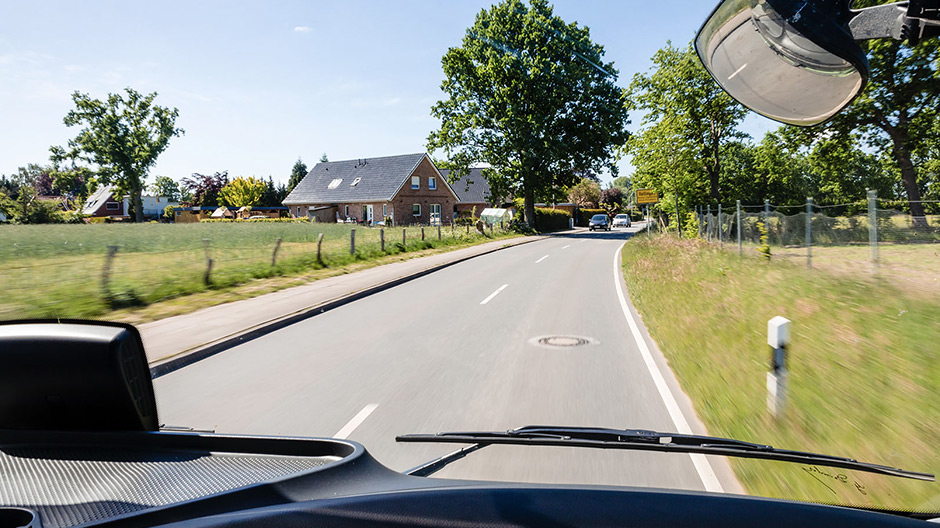
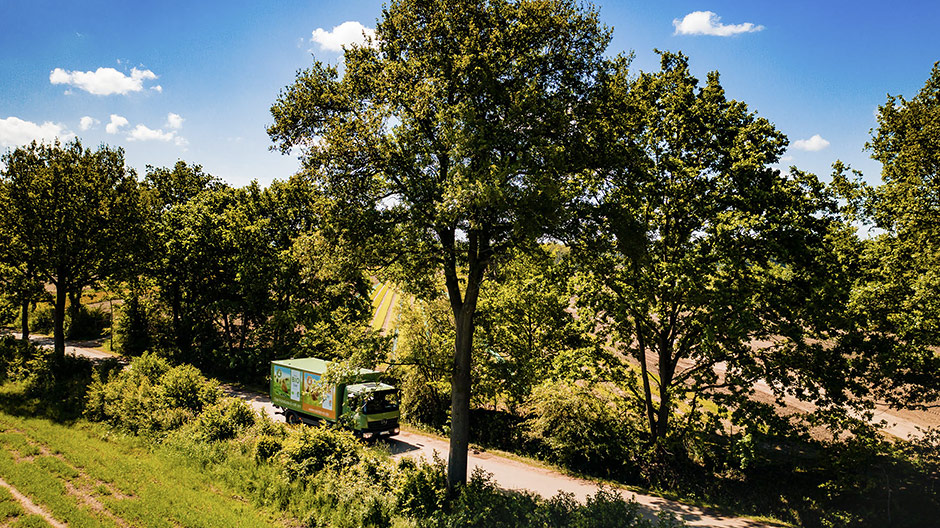
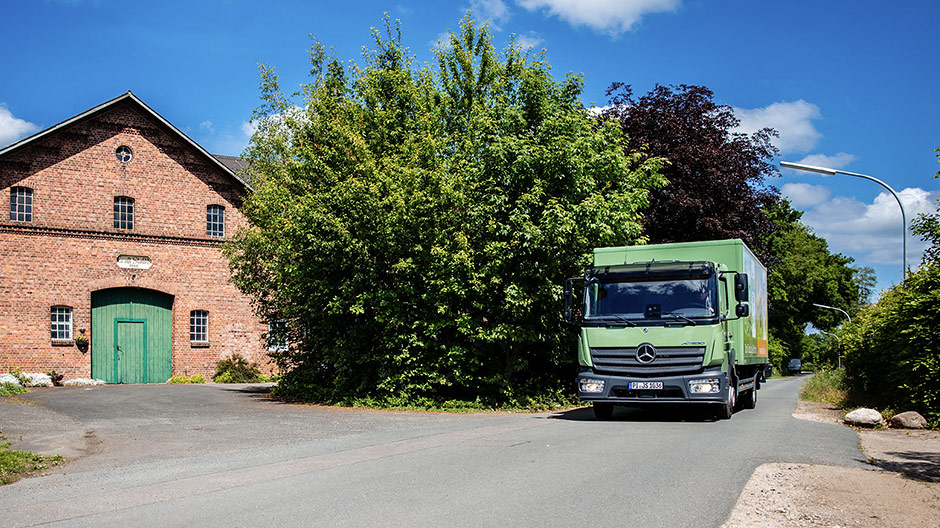
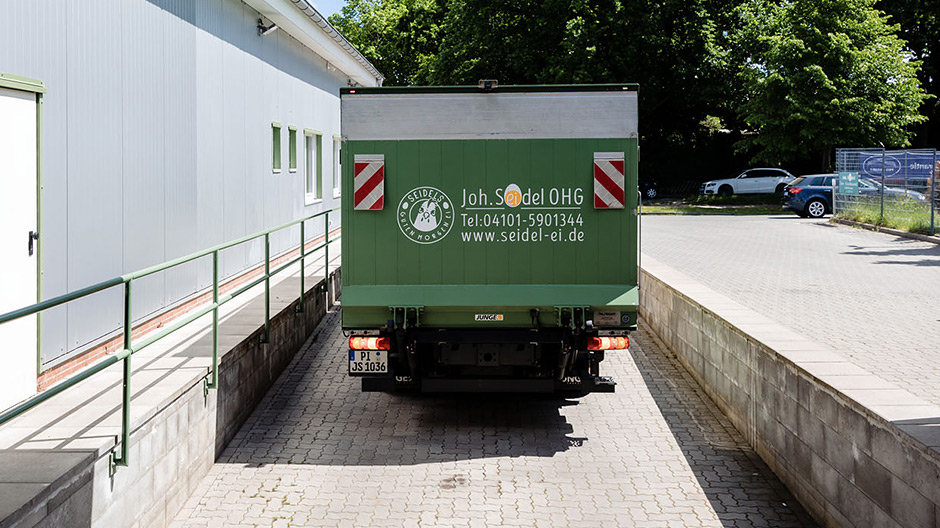
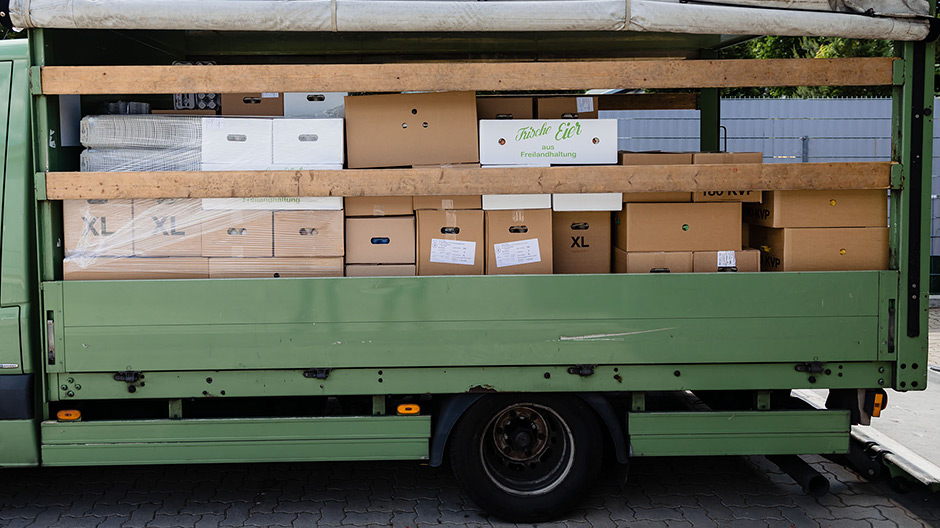

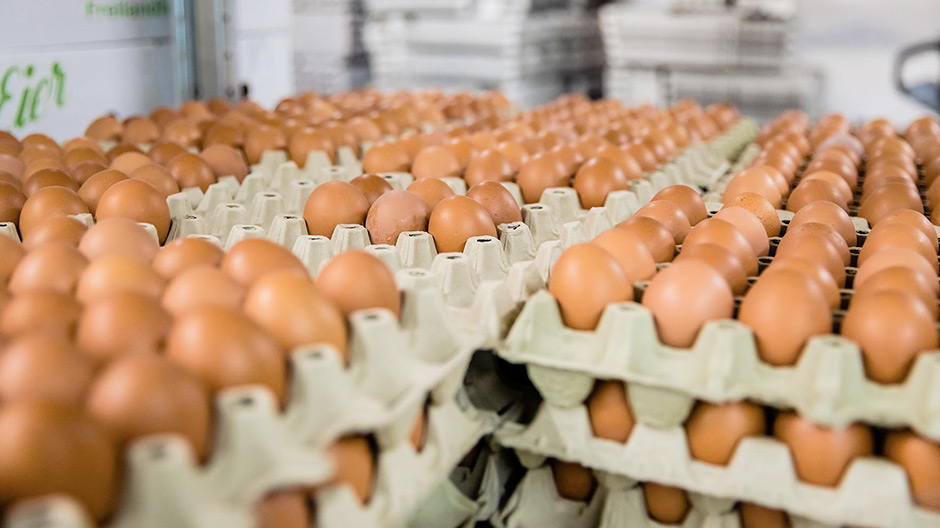
“We bring the goods to the premium retail trade as well as the catering trade. We also supply ships and the wholesale market,” says Wolfgang Seidel, moving from his office to the warehouse at the back of the building. Hundreds of crates are awaiting dispatch in the consignment hall. The eggs come from different types of farming: organic eggs and barn eggs are both among them. They are stored for a maximum of 48 hours in the low-rise building, in front of which the trucks are now gradually parking.

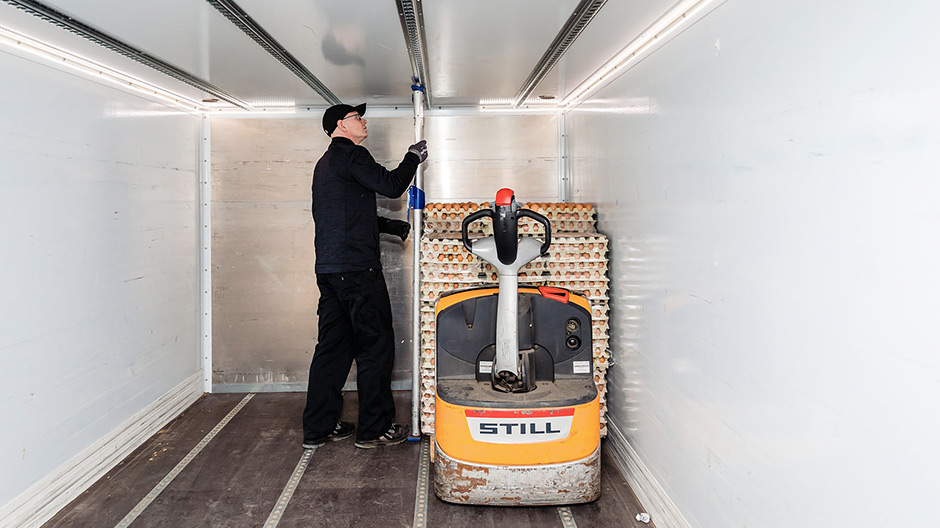

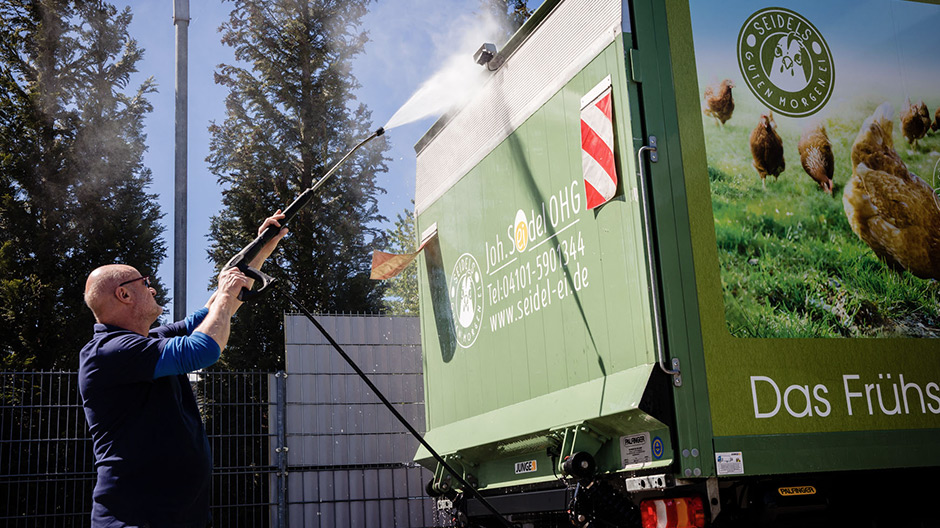
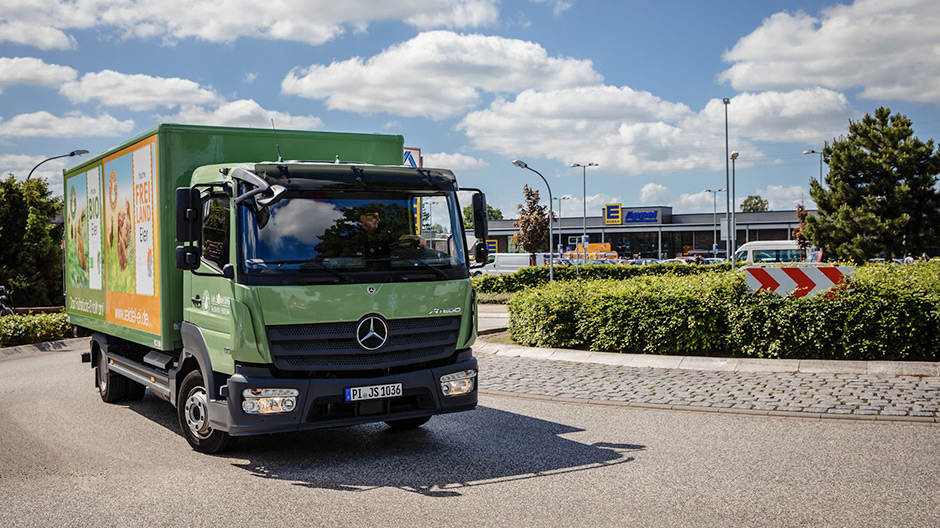
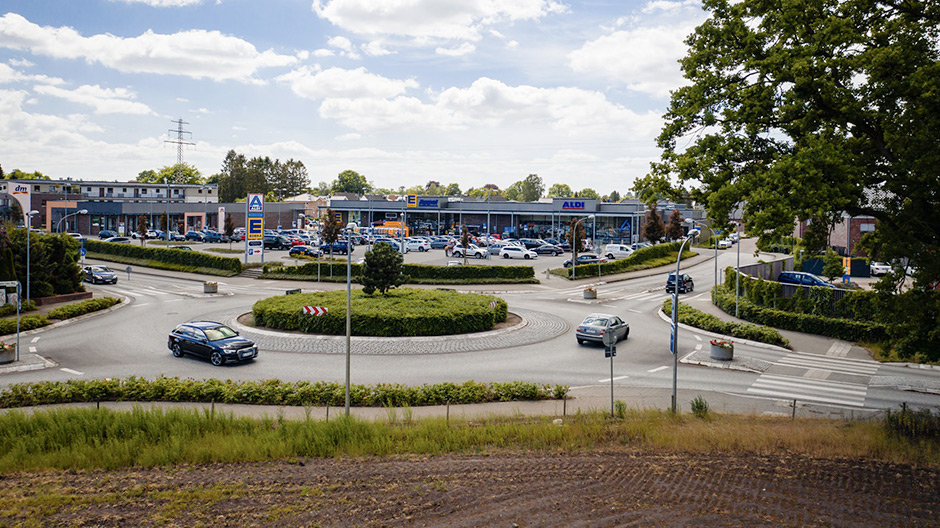

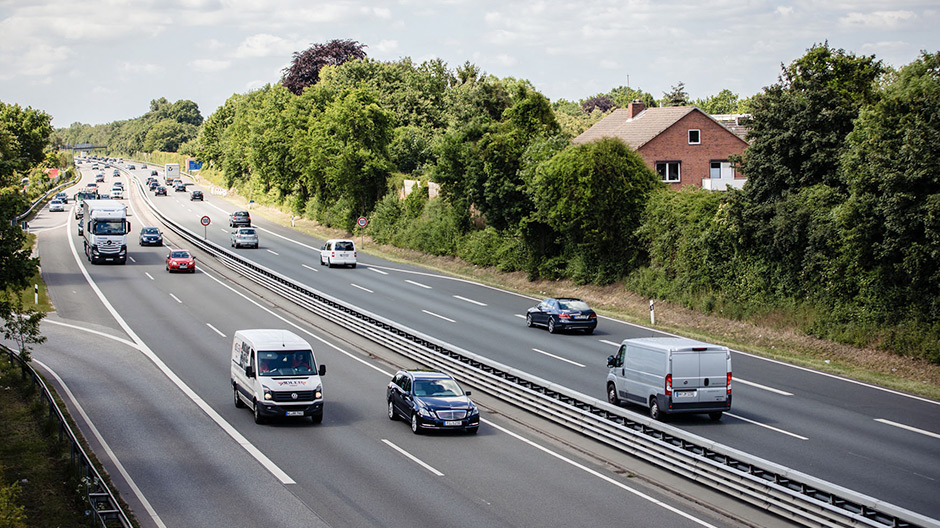
Eggs are the only foodstuff of animal origin that is marketed unprocessed. Michael and his colleagues are aware of this responsibility: to ensure that the raw eggs reach the customer in one piece, they are not only transported gently, but also in cartons on robust pallets.
In the Atego, Seidel has a real professional for distribution transport in its fleet. Michael’s truck is not the only truck from Mercedes‑Benz. A total of ten 7.5-tonne trucks are in the fleet. The trucks are driven for Seidel for about ten years. Each year they travel about 50,000 kilometres. That’s not as far as their colleagues in long-distance transport, but it’s still a fair amount when you consider that motorway journeys are the exception.
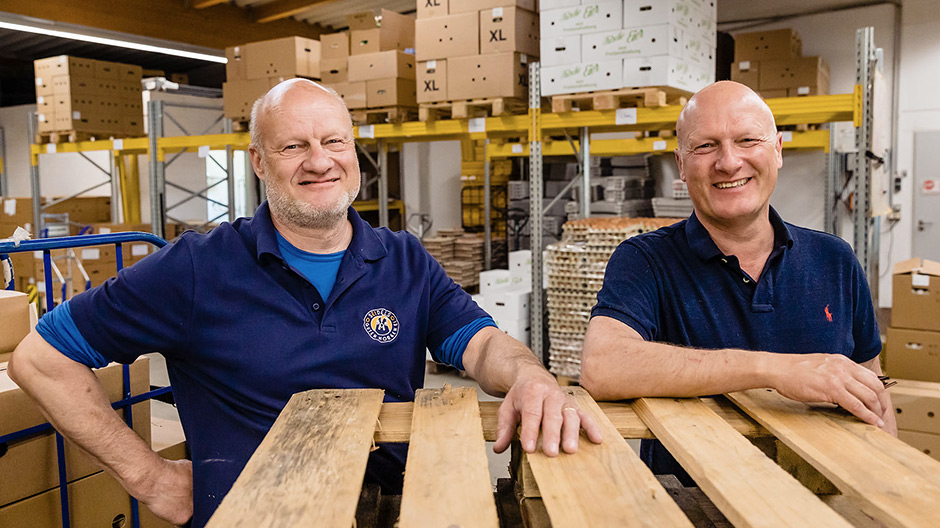
Wolfgang and Hans-Joachim Seidel, managing directors of Joh. Seidel OHG.
Michael’s Atego is equipped with numerous features that are also familiar from the Actros and Arocs: Lane Keeping Assist and the swinging seat support him in his day-to-day work. “If there is something that makes our transports safer and protects our drivers or other road users, then we order it,” says Wolfgang Seidel, while he prepares the truck for the photo shoot with the jet washer.
Michael does the North Sea route once or twice a week. “It’s my favourite route to drive,” he says, tapping his index finger on the steering wheel in time to the music coming from the radio. There’s just one more delivery address to visit and unload the goods at and then it’s time to head back to the warehouse. Then it’s time to clock off. The 420 crates of eggs have been delivered. Michael grins and alludes to the company’s origins: “That might have taken a little longer with the basket.”
Photos and video: Alexander Tempel




Comment
Please log in to post a comment.
8 comments
Gruss Andreas 😊
Gruss Andreas 😊